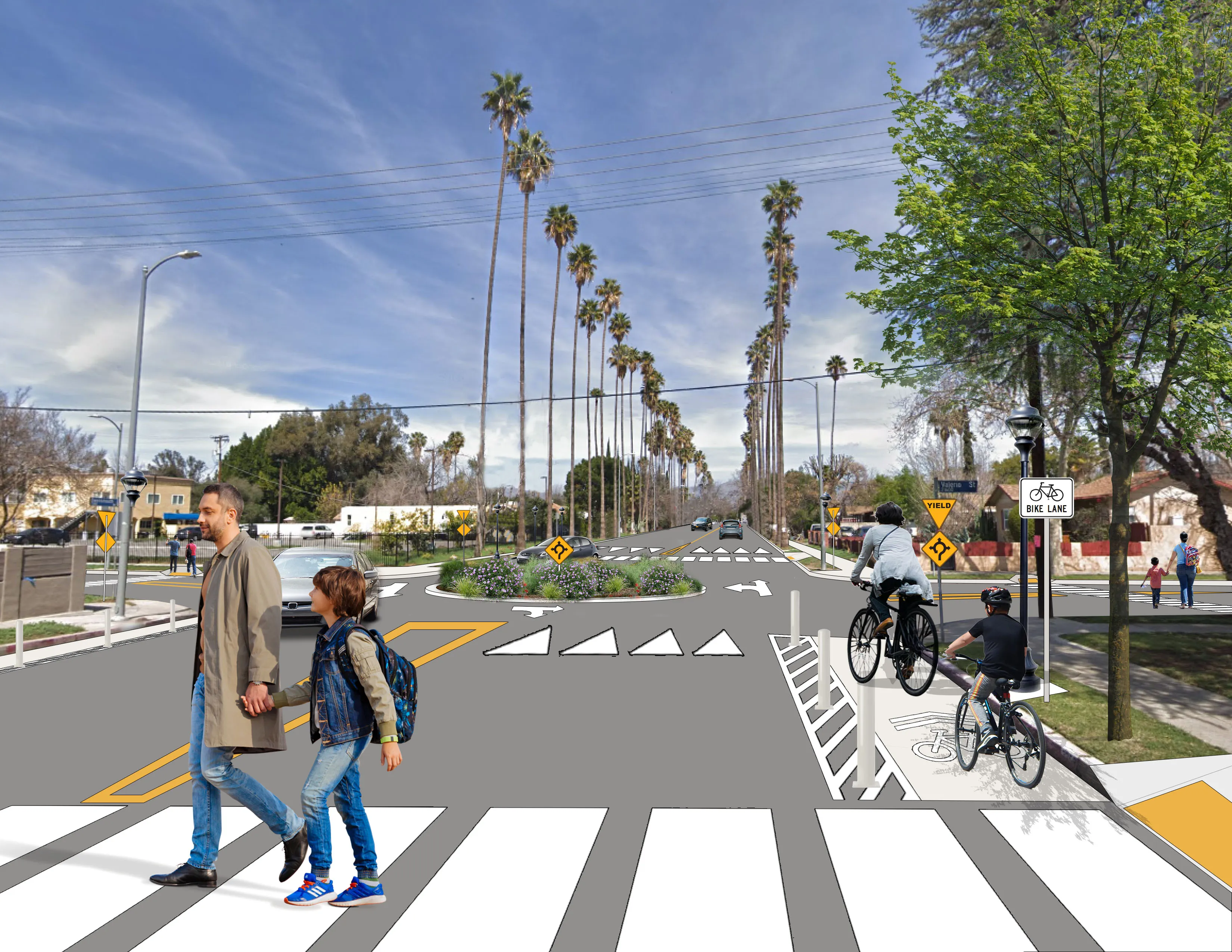Qualcomm has announced the first wireless electric vehicle charging (WEVC) trial for London in collaboration with the UK Government, as well as the Mayor of London's office and Transport for London (TfL). The pre-commercial trial is expected to start in early 2012 and will involve as many as 50 electric vehicles (EVs) using Qualcomm wireless inductive power transfer technology that enables high-efficiency power transfer across a large air gap. The driver simply parks the vehicle in the usual way and the sys
April 30, 2012
Read time: 2 mins
The pre-commercial trial is expected to start in early 2012 and will involve as many as 50 electric vehicles (EVs) using Qualcomm wireless inductive power transfer technology that enables high-efficiency power transfer across a large air gap. The driver simply parks the vehicle in the usual way and the system automatically aligns for power transfer, making parking easier and charging hassle free.
The trial, which will be based partially in Tech City, the East London cluster receiving the strong support of the Prime Minister, is planned to leverage the entrepreneurial community there and encourage companies to innovate around services and applications, in order to enhance the smart EV experience.
Prime Minister David Cameron said, "This wireless charging technology is a giant leap forward for the electric car industry and I am delighted that London businesses will be among the first to benefit from the trial. Creative, high-tech advances such as this are extremely important as we work to rebalance our economy, and the decision to trial this at Tech City shows confidence in the UK as an ideal place for innovation and investment."







